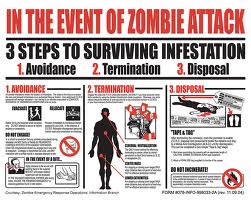A summary of medical developments in cancer and breast cancer, collated from Google Alerts, for the week ending 19 December 2014.

Tamoxifen.
I still have a lot of catching up to do, and I’ve just realised that the news feeds are full of the 2014 San Antonio Breast Cancer Symposium – help!
I know I should rejoice because the Symposium is full of researchers jostling to show off their latest “cures”, but after so many years of following the Symposium (and other symposiums) I’ve come to realise that they are about shoot-outs between different types of chemotherapy, and that the supposed breakthroughs haven’t really filtered through to mainstream/commercial/ affordable treatments.
I open with CYP2D6 testing as a marker for how effectively the body can metabolise tamoxifen.
Tamoxifen [Endoxifen] has long been the de facto treatment for (pre-menopausal) women with estrogen-positive breast cancer, it’s been touted as a preventative against recurrences.
However, what they don’t tell us is that tamoxifen doesn’t always work, or it may work only partially. Tamoxifen is metabolized by the human body, via the CYP2D6 gene, into endoxifen which is the active metabolite. If there are variants in the CYP2D6 gene, then this means that tamoxifen will not be effectively metabolised.
The test for CYP2D6 can be obtained in the US by the Mayo Clinic (Cytochrome P450 2D6 Genotype for Tamoxifen Hormonal Therapy) and in the UK by Roche (Roche AmpliChip® CYP450 Test). See also information on: http://emedicine.medscape.com/article/1762071-overview
It is well worth getting if you want answers if you think tamoxifen isn’t working for you. However, the solution, as some research seems to suggest, is to increase the dose of tamoxifen, or to switch off the ovaries [chemically or via ablation] and take more hormonal suppressors.
The second article is about a 20-year study which seemed to show that although tamoxifen prevented incidences of breast cancer, this did not affect overall mortality, and in fact led to an increase in ER-negative tumours after 10 years, and a 45% increase in endometrial cancer. It seems to be saying: yes, there’s less chance of you dying of breast cancer, but you’re still going to die of something else
(Damned if you do and damned if you don’t.)





